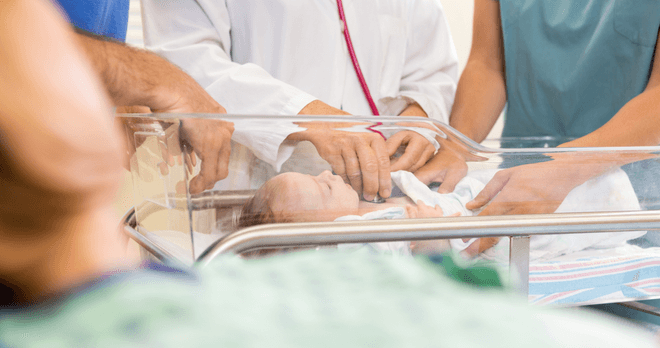MBRRACE-UK – Savings Lives, Improving Mothers’ Care 2020 report for 2020; what are the key findings?

The updated report from MBRRACE-UK for 2020 has been published. MBRRACE-UK have the role of reporting the Confidential Enquiry into Maternal Deaths and Morbidity for women who died during or up to one year after pregnancy, considering data from between 2016 and 2018 in the UK and some data from Ireland also.
Tragically their latest report has noted the deaths of 566 women in the UK and Ireland during this time, finding that just 25% of these women had good care.
In 51% of cases the report found that improvements in the care offered to mothers may have made a difference to the outcome. Of even more concern, and one which must be addressed with some urgency, is the finding that there is a fourfold difference in the death rates amongst BAME women and a twofold difference in women from Asian backgrounds.
The Royal College of Obstetricians and Gynaecologists (RCOG) has long been aware of the disparity in outcomes overall for women of BAME and Asian backgrounds and has been working hard to improve this unacceptable statistic. More funding must now be put in place to ensure there are adequate interpreters available for those who need this service.
What were some of the other key findings in the report?
- MULTIPLE PROBLEMS 90%: Of the women who died, 510 of them had multiple problems and the report noted a “constellation of biases”, including 216 women having been born outside the UK, 281 women being overweight or obese, 198 with mental health problems, 168 living in a deprived area, 131 known to social services, 61 suffering domestic abuse, 177 smokers and 199 from a minority ethnic group. They concluded that “systemic biases due to pregnancy, health and other issues prevent women with complex and multiple problems receiving the care they need”.
- EPILEPSY 13%: Another key risk factor was the sudden unexpected death related to epilepsy (SUDEP). One of the main problems was a failure to manage and optimise medication management both before and during pregnancy. More expertise is needed in neurology teams to manage pregnant women with epilepsy and control expectant mothers’ seizures.
- BLOOD CLOTS 15%: The report highlights the need to ensure that women on prophylactic and treatment dose of anticoagulants have a structured management plan throughout and after the pregnancy.
- SEPSIS 11%: The key message of “think sepsis” has again been repeated. Basic monitoring of maternal health in those suspected to be ill is vital, with temperature recordings and maintaining close MEOWS scores (early warning scoring systems).
This is not a full summary of what is a lengthy and complex report though, and there is other information which can be noted. It is encouraging to note for example that average death rates are not increasing, but conversely they are not significantly decreasing. The dispersal of findings in this report are key for the RCOG, policy makers and managers to lead on and to provide more in-depth guidance and leadership to NHS Maternity Units. Hopefully this will help avoid preventable harm to women in pregnancy and after birth.
The primary key to avoiding deaths must be a better offering of maternity care and services, both within hospitals and within the community midwifery services, with world-class fully funded training at the heart of achieving this aim.